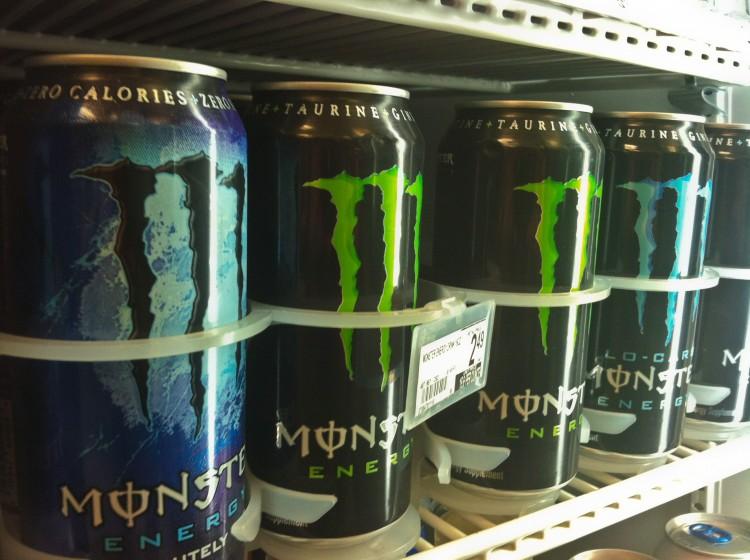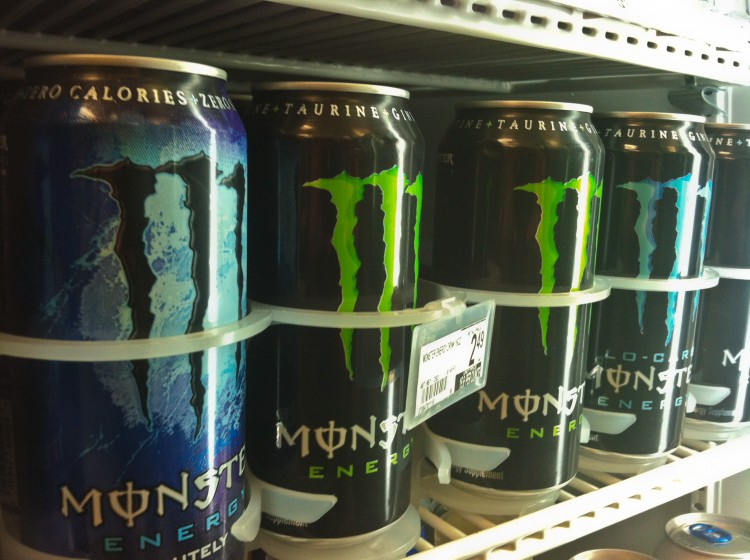Regulators Need Outside Help to Evaluate Energy Drinks
Thousands of adverse health reports may be linked to energy drinks, and a multiagency effort may soon examine the issue.

The U.S. Food and Drug Administration is investigating five deaths and a heart attack for possible links to consumption of Monster Energy drinks. Charlottle Cuthbertson/The Epoch Times
|Updated:






